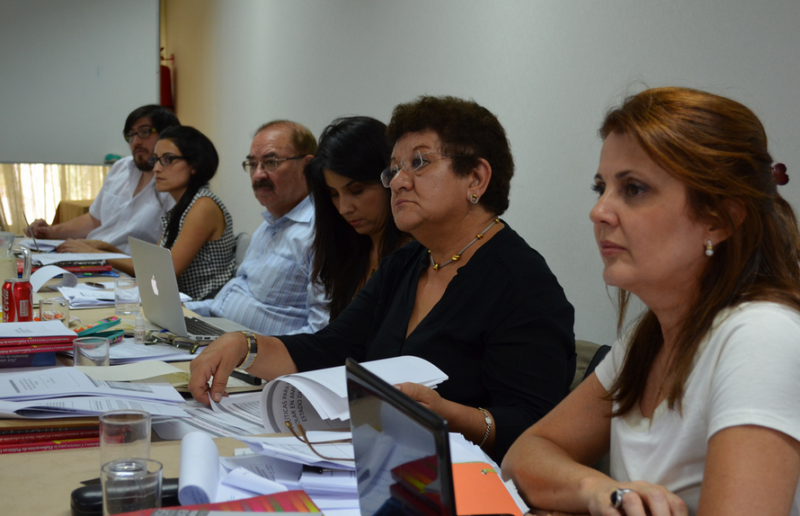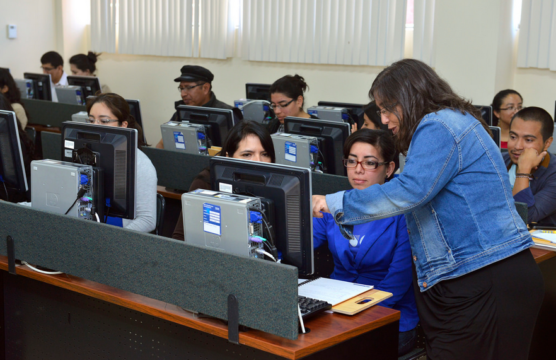
Producing High-Quality Teachers
Teaching is crucial to high-quality education, yet there is little agreement on how to produce high-quality teachers
In recent years, the importance of school leadership has become more relevant due to the broad international tendency toward policies that favor decentralization. These policies have awarded greater powers and responsibilities to schools and, at the same time, have motivated a growing demand for accountability, pushing these schools to achieve certain goals and standards in limited time periods. Today, like never before, school principals are held responsible for the success or failure of their schools, even in matters over which they have little influence.
In Chile, there has been a recent trend towards the empowerment of school principals. In the last five years, Law 20.501 –Law for Quality and Equity in Education (LCE)– was passed, establishing selection mechanisms that contribute to a more appropriate performance in the managerial role, strengthening the status and powers of principals. This law enhances the importance of principals and holds them accountable for the results achieved by the schools. The objective of the law is to make principals educational leaders within their school communities, relying on their ability to make a positive impact in favor of quality.
Taking into consideration the findings presented in the book What Do We Know about School Principals in Chile?, it is possible to make six assertions about the critical role of principals for school success.
First assertion: Principals are generally old and are mostly women; they differ significantly depending on the types of institutions they lead; they are firmly dedicated to their role as managers; and –despite not receiving high wages– they are vastly satisfied with their work.
When comparing Chilean principals with their Latin American counterparts (see Figure 1), they stand out because of their older age, which surpasses the regional average by 8 years on average (53 versus 45 years old). Nearly two-thirds of Chilean principals are older than 51, and one in five is older than 61. This trend of advanced age is more prevalent in state schools than in private schools, and is of particular concern among rural schools. Moreover, it is generally associated with a protracted career as a principal, as well as with an extended period of seniority in the schools where they currently teach – two areas in which Chilean principals rank highest in Latin America.
Teaching is crucial to high-quality education, yet there is little agreement on how to produce high-quality teachers
Preparing students for the 21st century requires the use of ICTs and technology in schools
How impact evaluation systems might help improve teacher policy in Latin America.
 UNESCO Santiago / CC BY-NC-SA 2.0
UNESCO Santiago / CC BY-NC-SA 2.0

